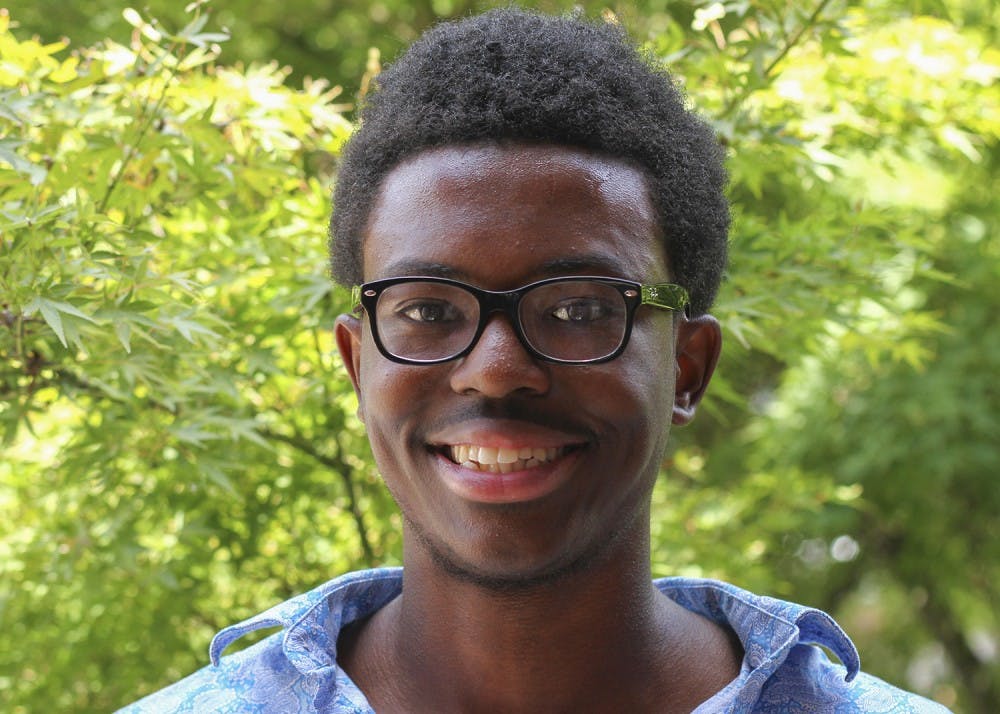Under what conditions is it appropriate to use the phrase, “All Lives Matter” in response to violence?
Perhaps it would be when the violence is systemically visited upon white presenting bodies.
If it makes very little sense to respond with “White Lives Matter,” seeing how America has never had a problem with privileging white lives, then it makes no sense at all to generalize oppression.
Perhaps it makes sense to use “All Lives Matter” when responding to violence visited upon people of color, specifically African-American bodies. If this is the case, the one time American history has paid attention to non-white bodies, then using #BlackLivesMatter should suffice.
Black Lives Matter is a movement, not just a hashtag created by three queer women of color in response to the consistent devaluation of black life. Their movement, though begun in response to violence, also sought to clarify ways black life matters wherever it is misused or devalued.
Their movement, which has since been co-opted, stolen and perverted, was not “African-American Lives Matter.” Instead, it centered around black lives, understanding blackness has been constructed in opposition to whiteness.
#BlackLivesMatter is not exclusive to black men, but because of the ways in which whiteness and patriarchy pervade our lives, and because neither was included in the movement, people of color that did not identify as black or male began to feel excluded. Thus the movement was susceptible to a fill-in-the-blank hashtag that logically replaced black lives with all lives. This reluctance to explicitly emphasize black lives has once again led to the erasure of those who exist in opposition to white supremacy.
I see the term black much like a political party, a grouping together of people whose identities are considered non-white, regardless of whether they claim the African ancestry habitually associated with blackness. Many POC hesitate to identify as black; some do not want to delegitimize the oppression of bodies displaced in the African diaspora. Others, understandably, choose not to identify as black because of the systemic oppression black people have faced in this country. Who’d want to be black in this racist country, anyway?
It is not necessary to replace the “black” in #BlackLivesMatter and fill in the blank. The white gaze does not differentiate its opposition to non-white bodies, though it discriminates and oppresses differently. As a person of color, solidarity with another group of people does not mean we have to locate the commonalities of oppression. For example, black people do not have to face similar religious persecution to be in solidarity with Muslim folks, but we must all recognize that we all face some form of oppression under the rule of white supremacy.




